
What effect does the family factor have on change processes in family businesses? Our partner Dr. Tim Bauer researched this topic years ago. In 2012, he completed his PhD on "Innovation Processes in Family Businesses." Prior to that, he worked at the Chair for Family Businesses, advised young founders, and studied renowned family businesses from the German Mittelstand. That he now advises family businesses in transformation processes is partly because he himself comes from a family business and managed the company for a decade with his brother.
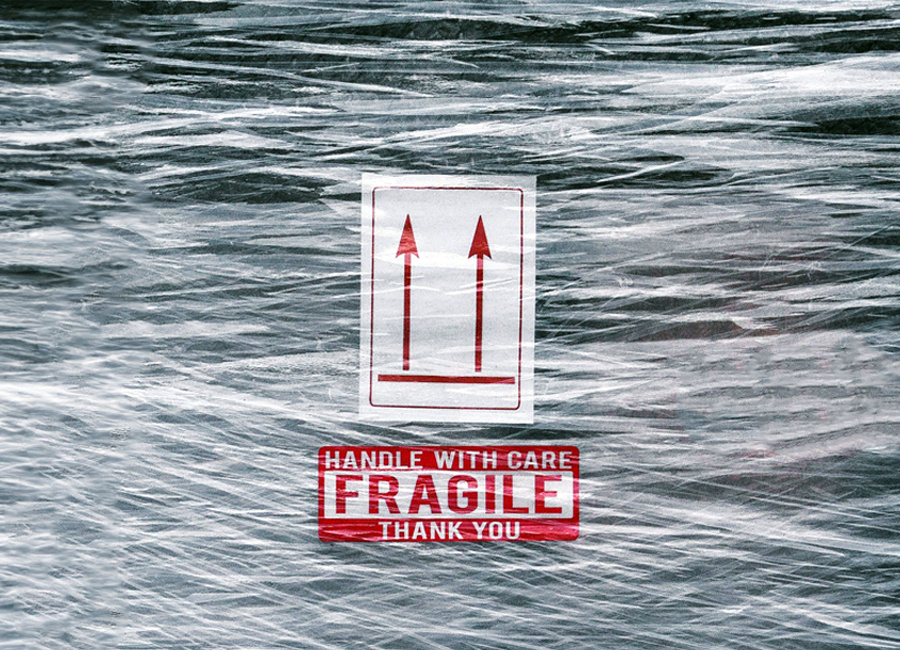
Relocation, reshoring, offshoring, and rebuilding: The geographical shifts of internationally producing companies resemble a busy puzzle. While BASF closes facilities at its German headquarters and invests $10 billion in constructing a mega factory off the coast of southern China, Tesla explores alternatives to production sites in China and Taiwan. Meanwhile, Stellantis plans to scale down its electric vehicle production in China, and Neura Robotics is returning to its German headquarters from China this year. The reasons for these production relocations vary by industry, from high factor costs and geopolitical risks to tariff avoidance.

Whereas crises used to be exceptional, they have become a constant due to the pandemic and wars. Currently, they are also prevalent in companies. enomyc founder and Managing Partner Martin Hammer has witnessed far more than a thousand companies in crisis – and has successfully led many out of it. A conversation about the causes and symptoms of crises, and the Tarragona Strategy, a proven concept not only in medicine.
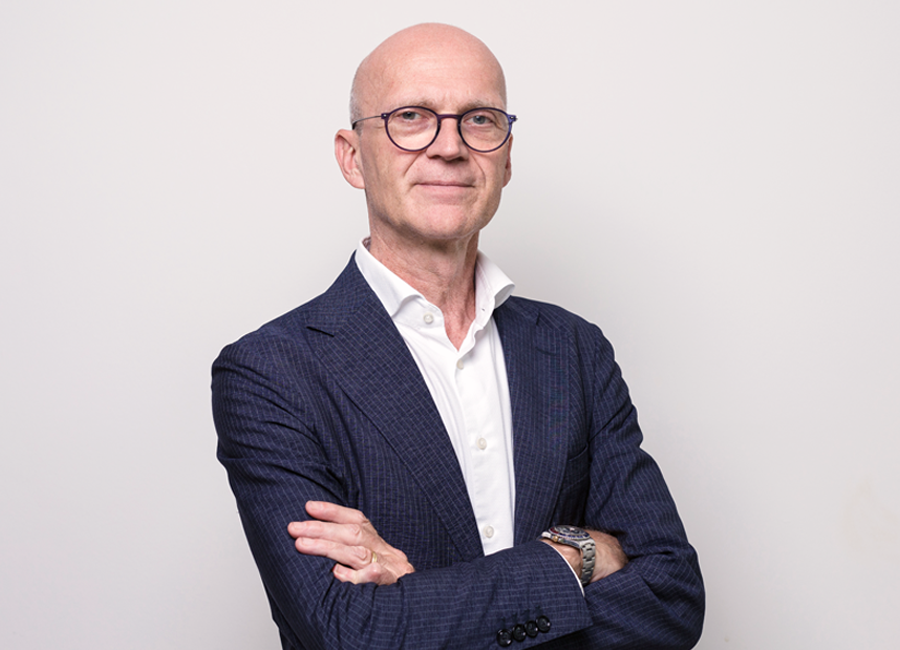
The StaRUG x Leoni AG case is making history in corporate restructuring. Specifically, it represents a paradigm shift. According to the summary of the restructuring plan, the expected return for the shareholders affected by the plan in the next best alternative scenario was 0%. This has never happened before. How has this case affected restructuring practices since then? Who are the winners and losers? And what opportunities or risks does StaRUG hold for LLCs? Ralf Ehret, Partner and Head of Debt Advisory, provides insights.

Optimizing the product range involves far more than just updating the product and service offering. Rather, it is about drawing a sharp line between profitable and market-relevant products and those that tie up resources without generating corresponding returns. Anyone who dares to take this step should not shy away from complex processes, comprehensive data analyses and a structured examination of market dynamics.
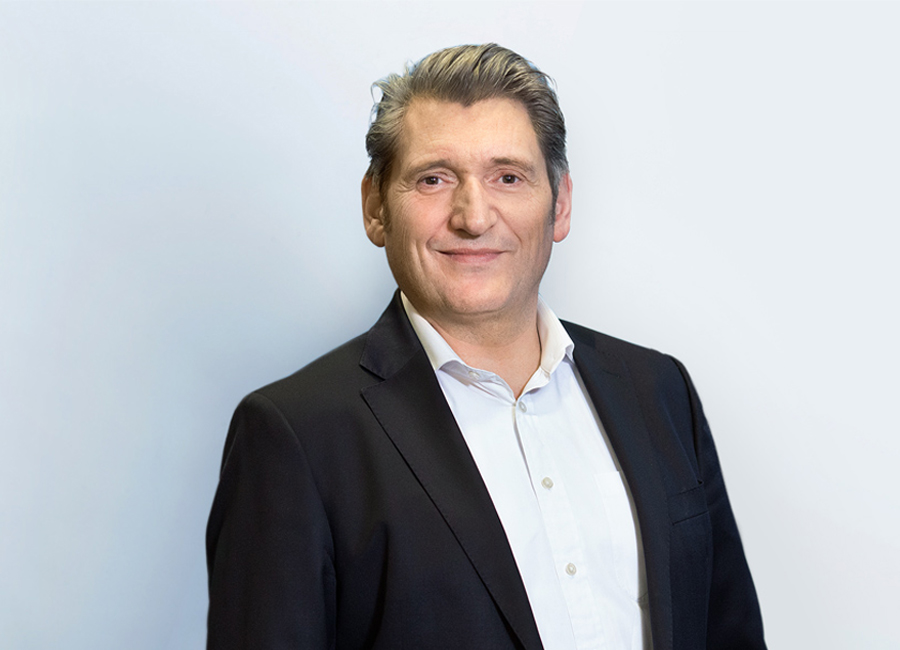
"Human beings have three ways to act wisely," once taught Confucius. "First, by reflection, which is the noblest; second, by imitation, which is the easiest; and third, by experience, which is the bitterest." Is China taking the easiest path? And will it be bitter for Germany? How economic policy and SMEs might react to China’s economic trajectory is discussed by Christian Zeller, partner at enomyc, in this interview.
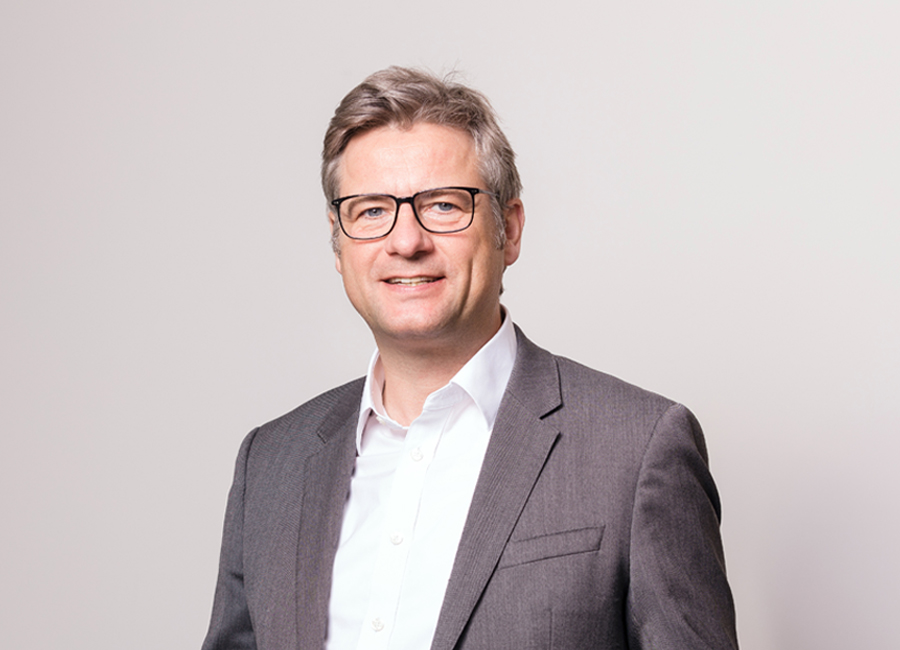
Many SMEs are being forced to optimize their operational processes due to growing pressure on earnings. What is often overlooked is the overhead area. Experience shows that many medium-sized companies in particular are lugging around unnecessary ballast. Yet there is enormous potential for reducing costs in the overhead area: 15 to 18 percent is not uncommon.

The European Commission wants to ensure greater fairness with a regulation to combat late payment in commercial transactions. It also wants to increase the competitiveness and resilience of SMEs. That sounds good, but it also has its downsides, according to Marc Fahrig and Ralf Ehret. The experts explain what companies should prepare for now.

Disruptive technologies such as genAI are becoming increasingly important in the business world. This presents the upper midmarket segment with the challenge of not only understanding these technologies as a trend, but also applying them in practice in order to best increase efficiency and innovative capacity. Concerns that the barriers to entry are too high for SMEs are unfounded, says head of innovation at enomyc and author, Franz Wenzel.
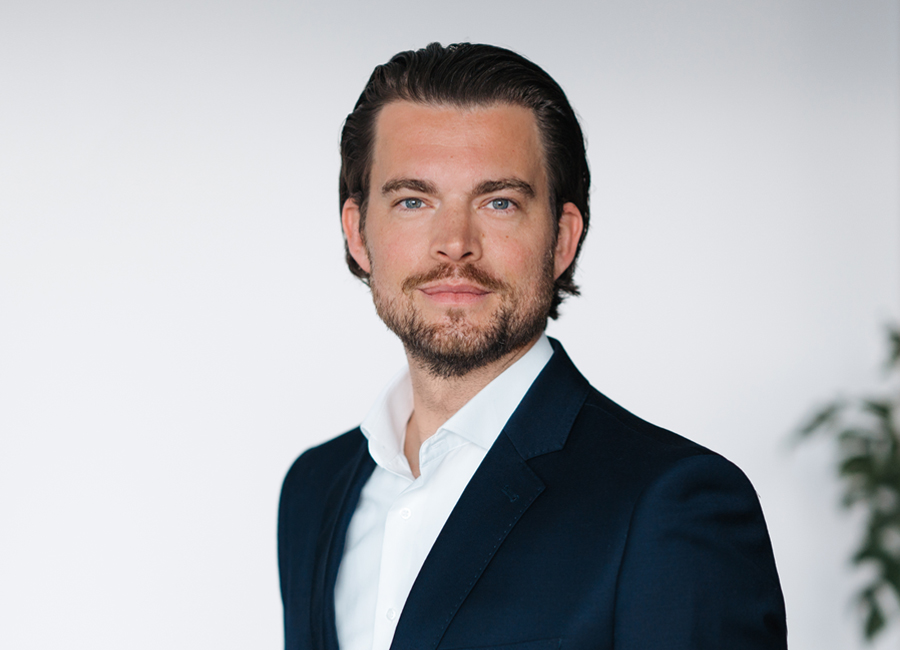
What do you think: What impact will artificial intelligence have on your life? Do you follow developments with risk appetite or skepticism? One thing is clear: AI is a pioneering technology. It triggers noticeable changes. And it provokes. Even myths. We spoke to Mario Trapp, Partner in Restructuring & Transformation and Head of Digital Strategy, about this. How does he himself use AI in professional practice? Should companies already be hiring Chief AI Officers? And which AI developments make even him uneasy?

EU Supply Chain Act: Are the FDP's veto and timing justified and helpful? What does the economy gain now - apart from perhaps time? We interviewed our new partner Dr. Tim Bauer. He himself comes from a family of entrepreneurs and believes that Regulations have increased significantly in recent years - also in terms of complexity. In addition, the EU Parliament often lacks an eye for SMEs. Why should companies still act proactively now? Why focus firmly on competitive advantages through clean business practices?
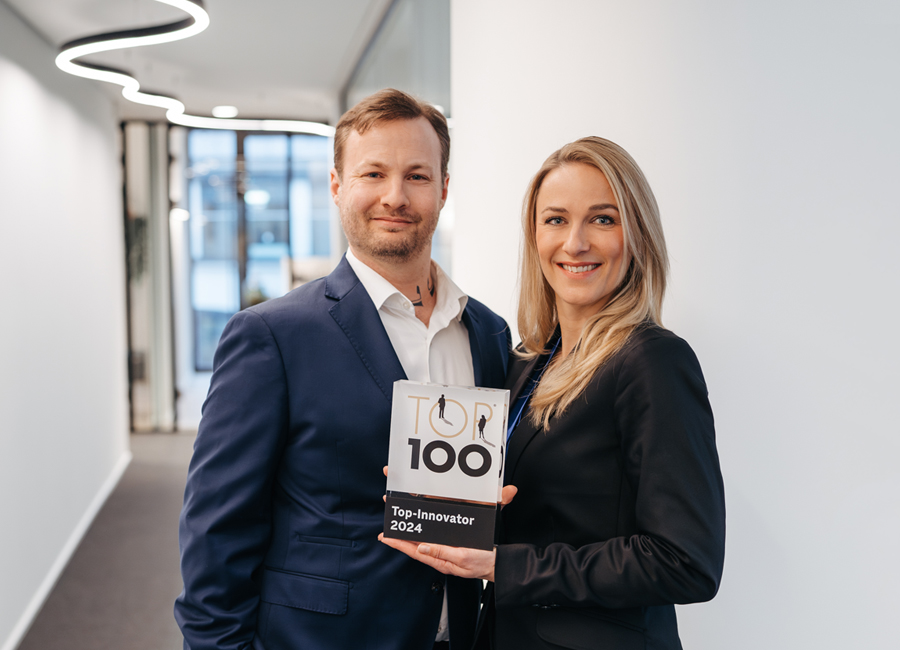
New technologies and ground-breaking innovations are topics that most of us would expect to find in Silicon Valley rather than in German SMEs. The long list of German SMEs whose products and solutions are in demand all over the world shows that this is not the whole truth. The secret of their success: above-average innovative strength. The Top 100 competition honours precisely such companies. This year, enomyc is also among the winners.












